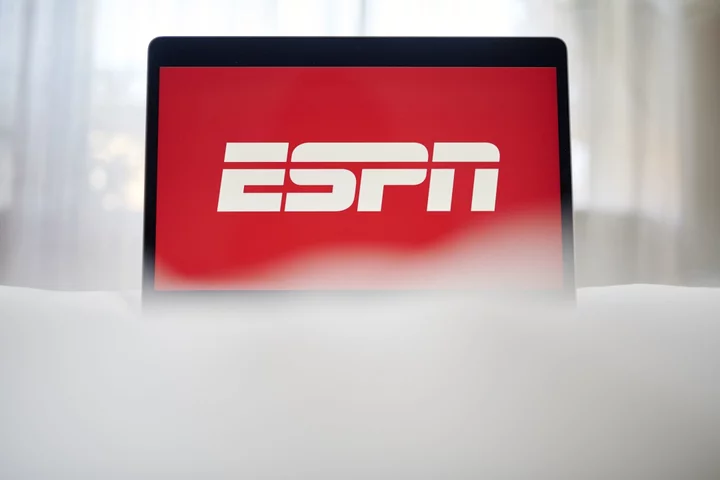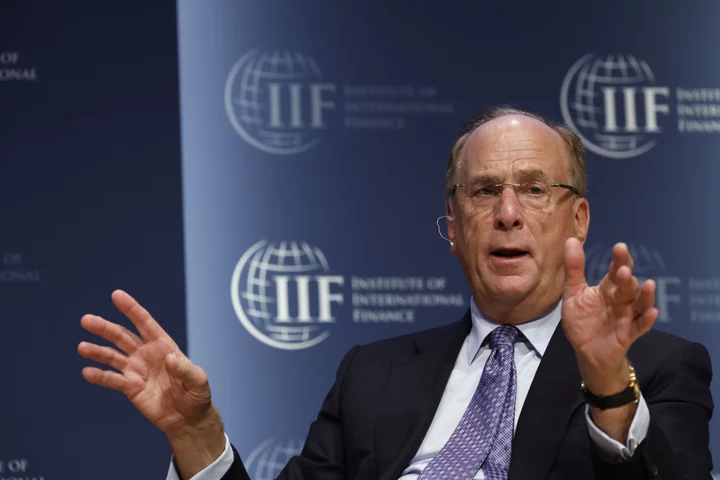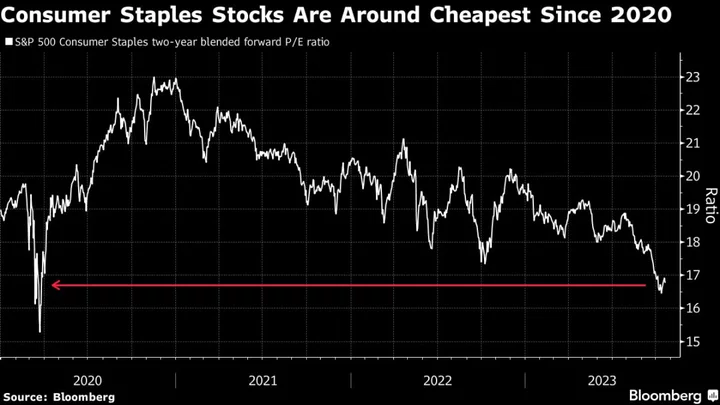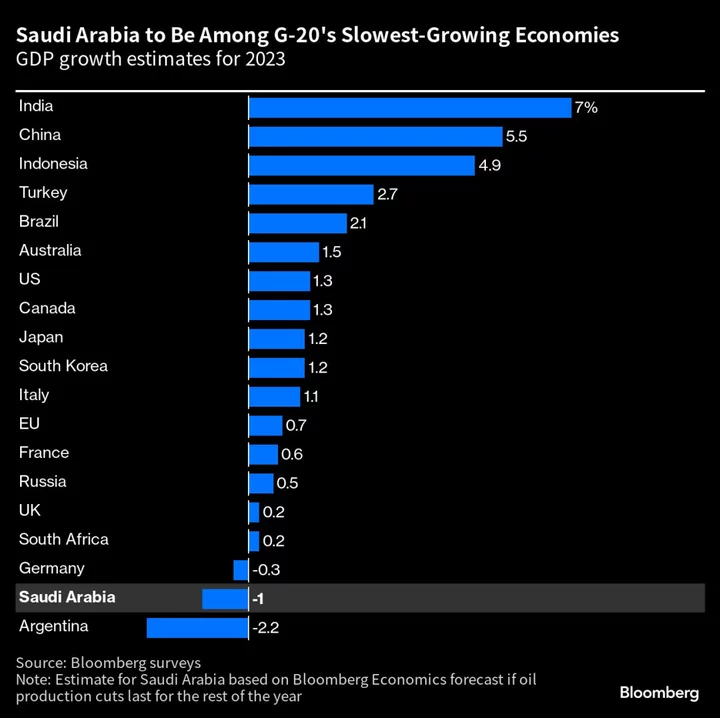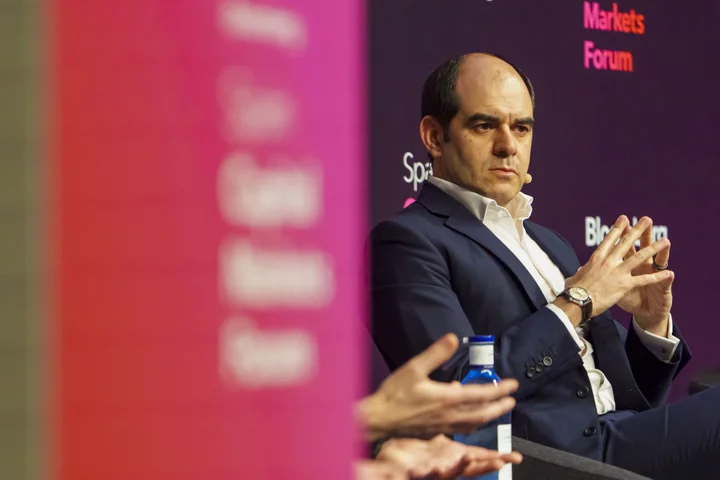Charter Communications Inc., the No. 2 US cable TV provider, declared war on Walt Disney Co., saying it can no longer live with rising fees for ESPN and other programming.
Disney, the world’s largest entertainment company, responded by yanking its channels, including ESPN, from Charter’s Spectrum TV service, depriving that company’s 14 million viewers of popular sports shows, including possibly the coming NFL season.
It’s not an overstatement to say the future of the pay-TV business hangs in the balance. Cable and satellite providers have lost 25 million subscribers over the past five years, according to Charter. The cable company, second only to Comcast Corp., wants out of standard industry contracts that require customers to pay for sports and other channels even if they don’t watch them.
Instead, Charter has proposed a different set up, where consumers are given more options to choose the channels they pay for. The company has proposed packaging Disney streaming services, such as Disney+ and ESPN+, with its other products, something it said the company rejected.
“Ultimately Disney gave us a choice, either carry on with the bad path for consumers or to look for completely new video models for our customers,” Charter Chief Executive Officer Chris Winfrey said on a call with investors Friday.
Disney said in a statement Thursday night that it’s committed to reaching a “mutually agreed upon resolution” with Charter. That’s when it announced it was removing channels like ABC and ESPN from Charter systems. Disney urged Charter to work to minimize disruption to customers.
In a separate statement Friday, Disney said Charter is demanding the company’s streaming services for free.
This dispute could be a tipping point for the industry, New Street Research analyst Jonathan Chaplin wrote in a research note Friday. The “crux of the dispute” appears to be ESPN, which Disney has hinted it will ultimately offer direct to consumers online, Chaplin wrote.
Charter “risks the loss of avid sports fans, with football fans being the most avid of all,” he said.
The dispute triggered a broad decline in media stocks. Disney lost as much as 3.8%, while Warner Bros. Discovery Inc. fell as much as 13% and Paramount Global, the parent of CBS, tumbled almost 10%.
Charter was down as much as 4.1% and Comcast retreated 3%.
Charter pays about $2.2 billion in annual programming costs to Disney, not including the impact of advertising revenue, while only about a quarter of its subscribers regularly engage with Disney content, it said in a presentation on its website Friday. The company suggested one option it has considered is exiting the video business entirely.
Many of its customers live in large cities such as Los Angeles and New York.
Media companies such as Disney have fought with pay-TV providers for years over the value of channels like ESPN and Freeform, often leading to contract disputes and temporary blackouts. The rising cost of TV packages and the number of channels included in those packages has prompted tens of millions of people to stop paying for live TV.
“The multichannel video product is too expensive and packages don’t meet consumer needs,” Charter said in its presentation. “Disney – so far – has insisted on a traditional long-term deal with higher rates and limited packaging flexibility.”
The potential short-term impacts include an immediate reduction in programming cost and some one-time costs, such as customer credits, Charter said.
Disney could also see a bump in ESPN+ subscribers, although that service doesn’t offer the same programming as the ESPN cable channels.
(Updates with Disney comment in seventh paragraph, share losses.)

